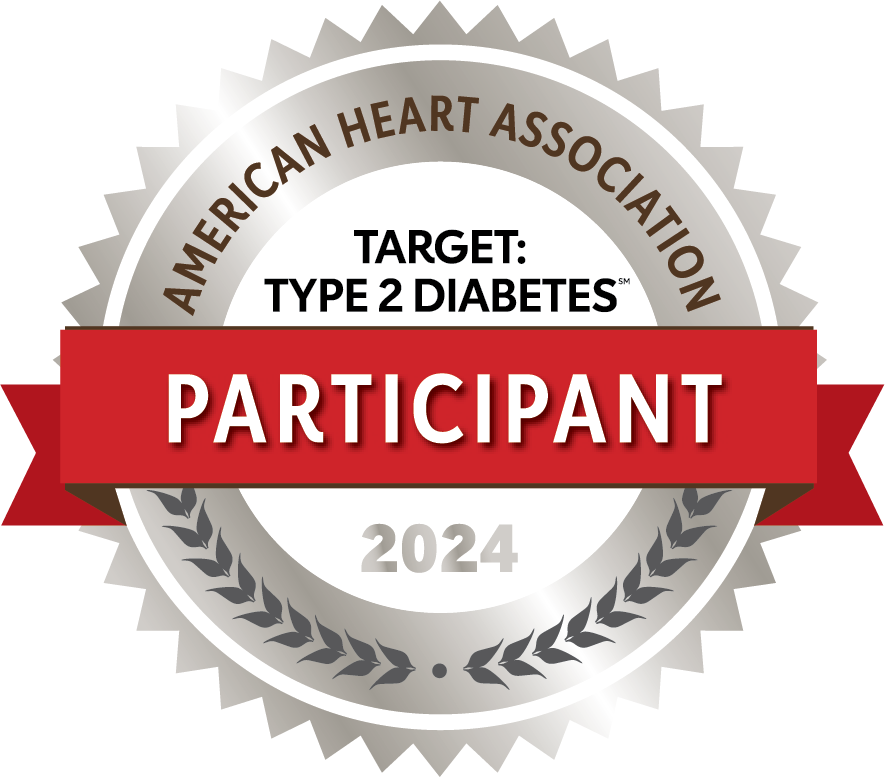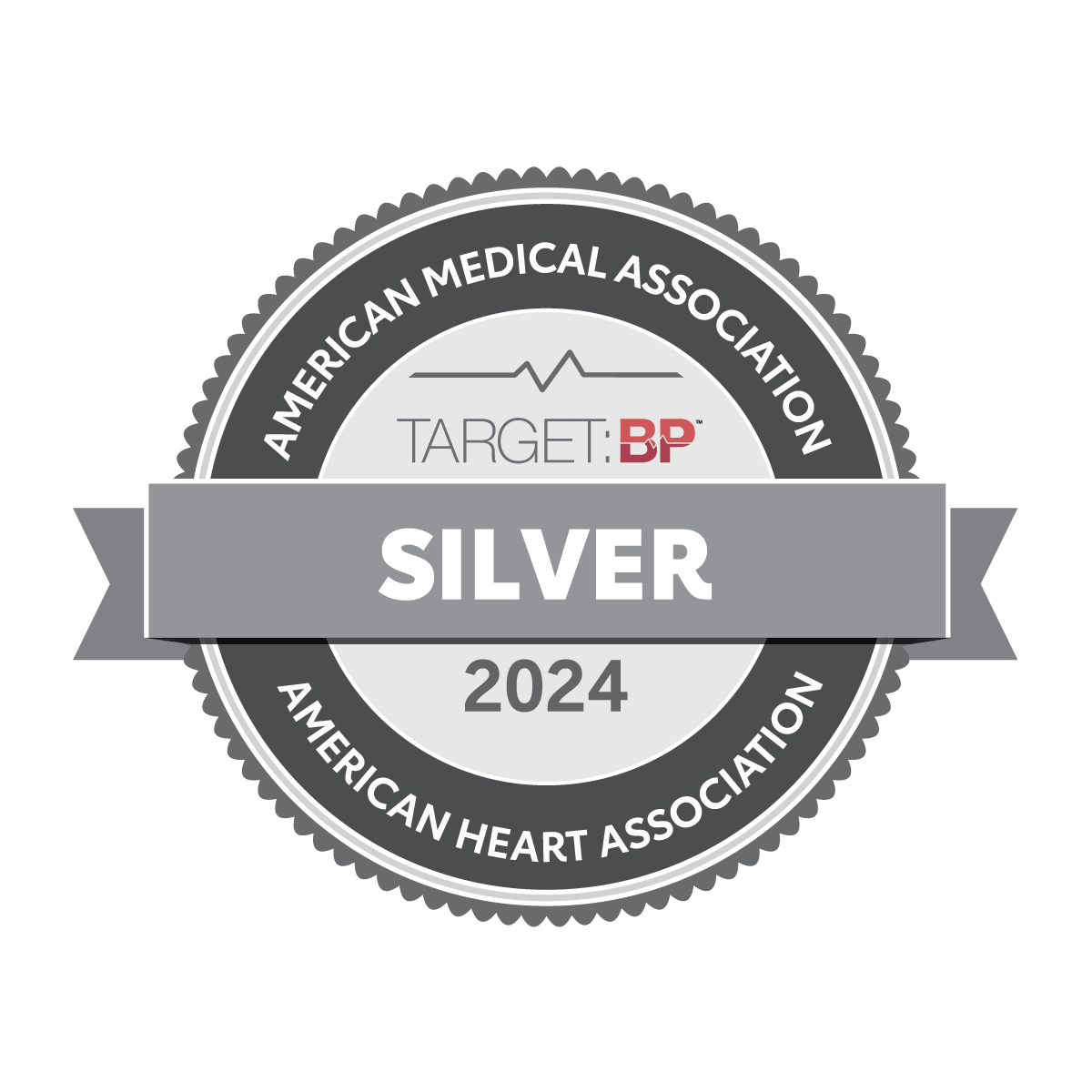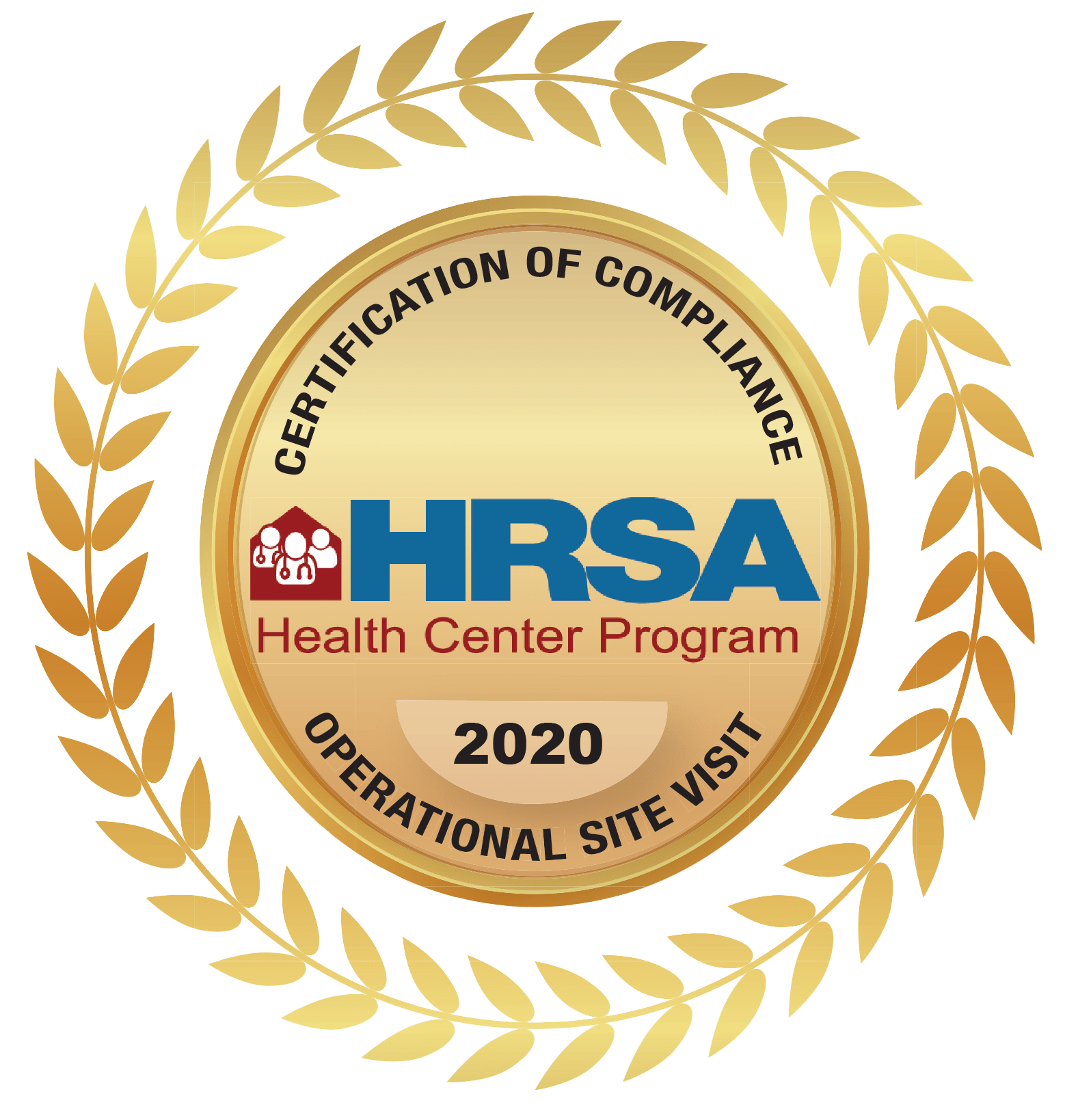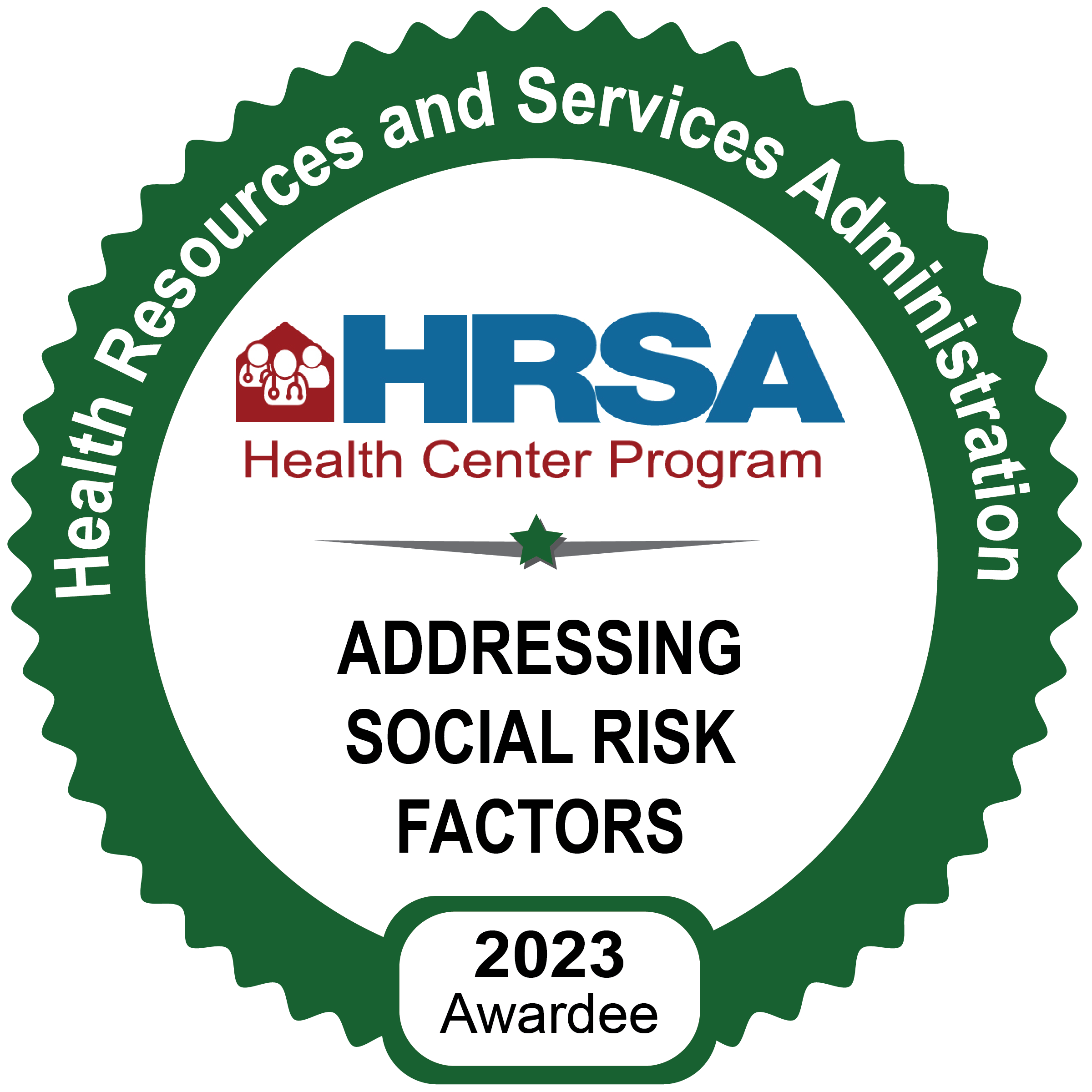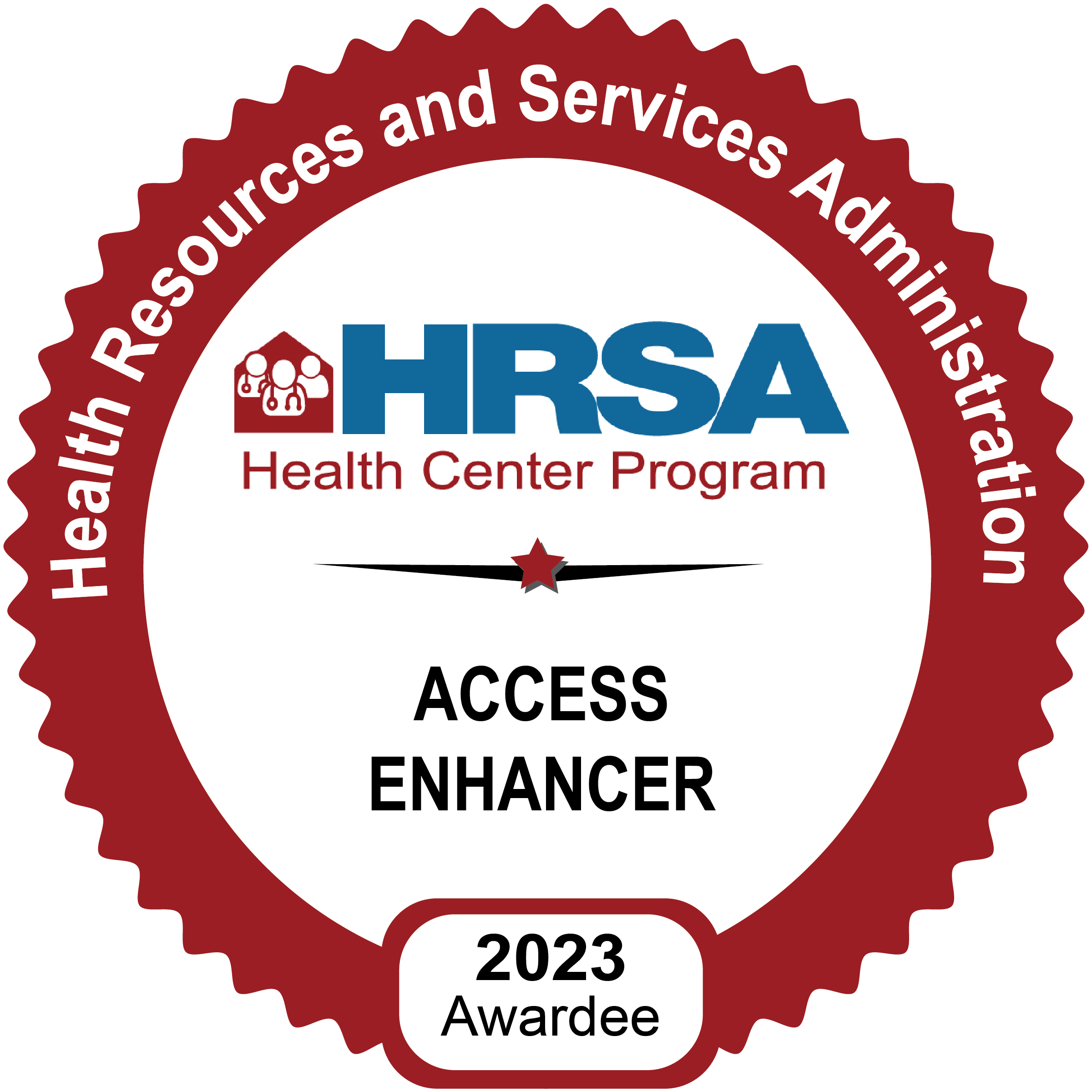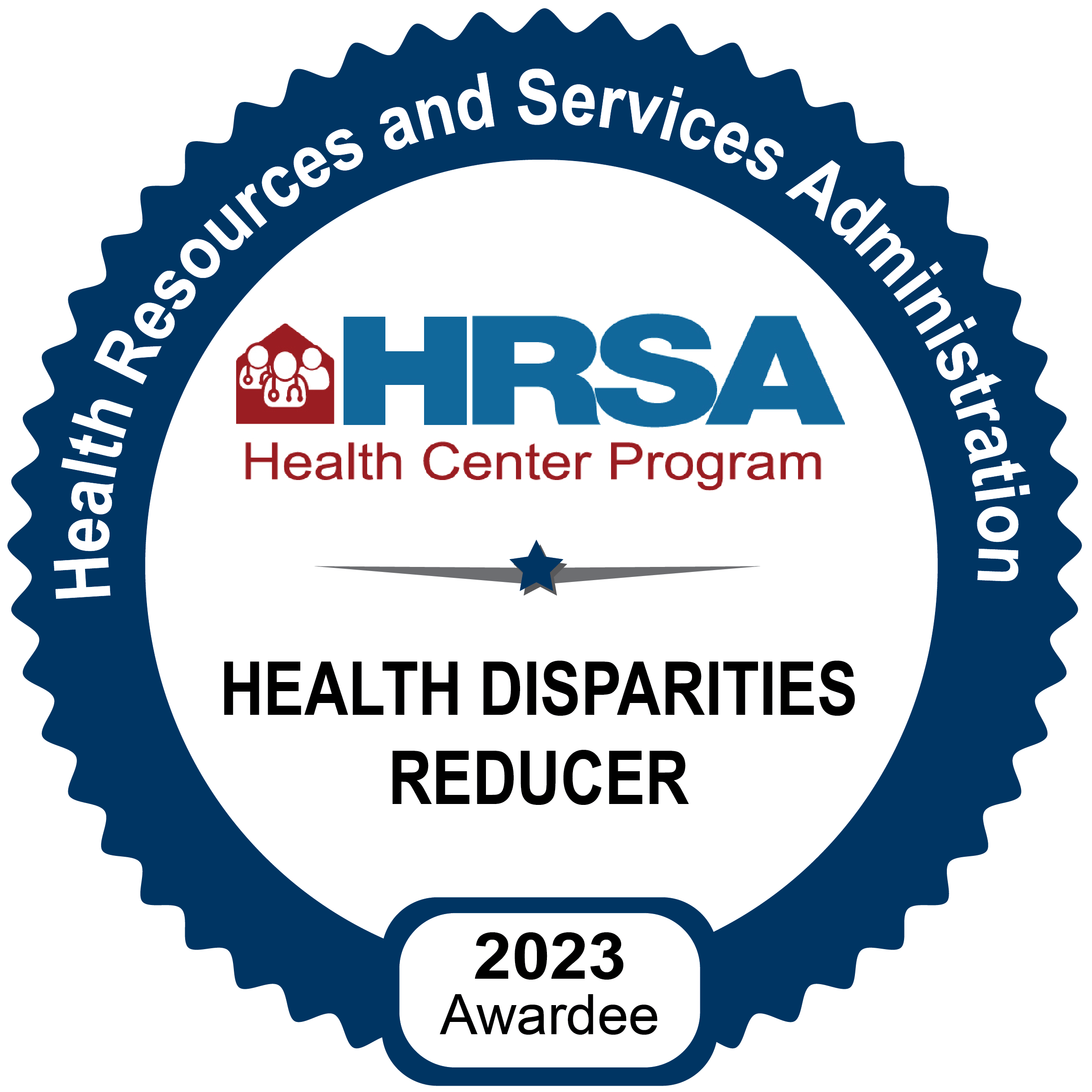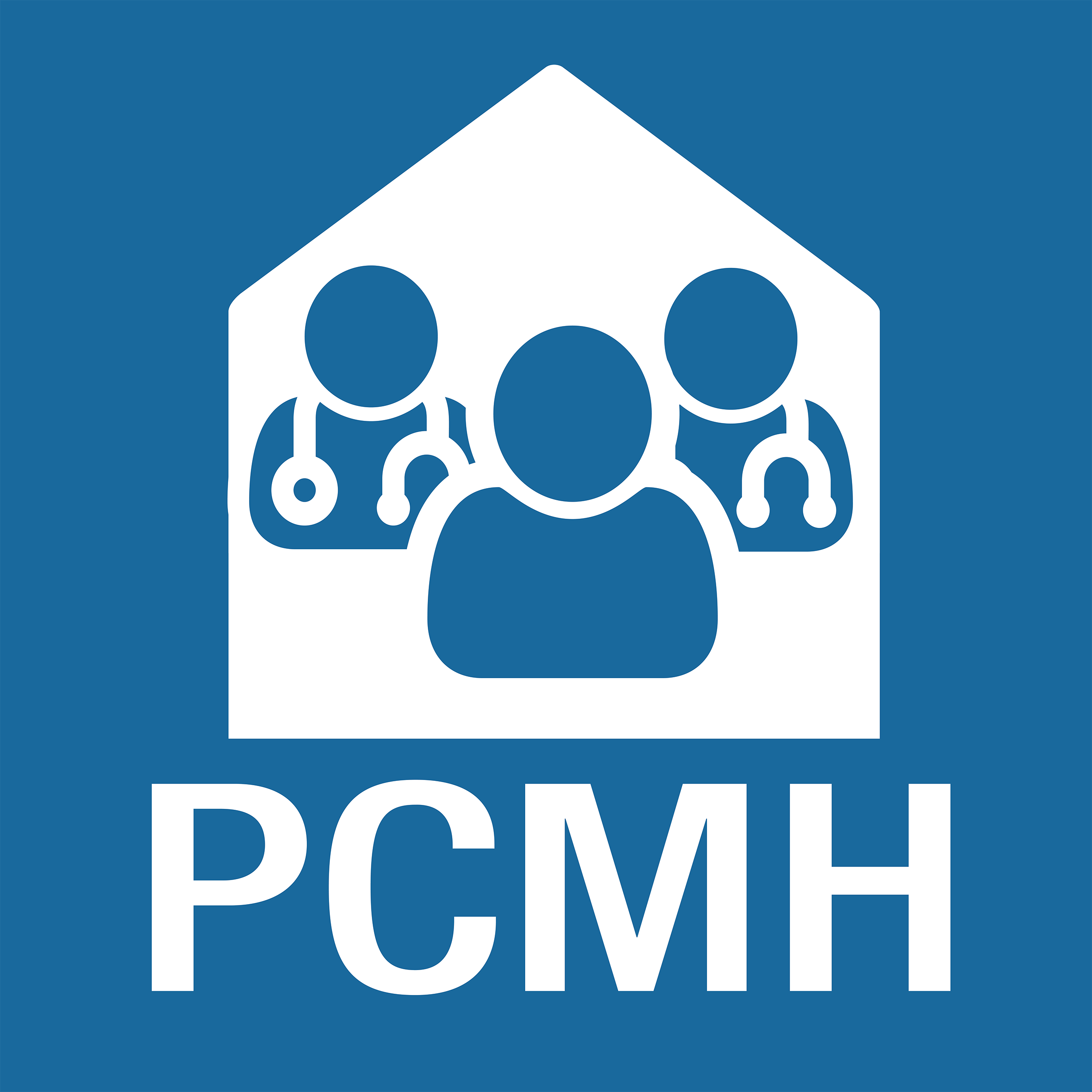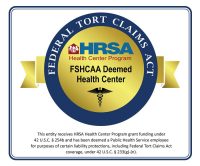In the US, heart disease is the leading cause of death for men, and this statistic remains consistent across most racial and ethnic groups. When we talk about heart disease, we often think of coronary artery disease – a narrowing of the arteries leading to the heart. But there are actually a variety of conditions that all fall under the category of heart disease. Let’s look at four of them today:
Coronary Artery Disease (CAD) is caused by the hardening (the official medical term is atherosclerosis) of your arteries. This hardening can interfere with blood flow, and if left untreated it can lead to heart attacks, stroke and peripheral vascular disease.
Abnormal Heart Rhythms – your heart beats in a consistent rhythm, about 60 – 100 times a minute. However, it’s possible for your heart to get out of rhythm, which is called arrhythmia. An arrhythmia can sometimes manifest as an uneven heartbeat, or it can cause a very fast or very slow heartbeat.
Heart Failure doesn’t mean the heart has literally failed, but it means the heart is not pumping as well as it should. Your body needs your heart to consistently pump blood throughout your body, and when the pump is not working properly, the body suffers. The heart will sometimes try to compensate for this issue by getting more muscle which causes the heart to become enlarged. Or, the heart may try to pump faster, and the blood vessels may get narrower. In some cases, your body may even stop sending blood to your less important organs and tissues.
Heart Valve Disease affects the valves that control the blood flow through your heart. These valves are meant to keep the blood in your heart flowing consistently in one direction. Heart valve diseases can cause many blood flow issues, including blockages and something called mitral regurgitation – a condition in which some of the blood flows backward instead of forward.
Heart disease is easiest to treat when it’s found early, so you should get regular checkups and talk with your primary care provider about any history of heart disease you or your family may have. If you begin to notice symptoms of heart disease, like chest pressure, heart flutters, swelling in your limbs, or unusual fatigue, make an appointment to see your doctor. If you have chest pain, shortness of breath, or fainting, call 9-1-1. Don’t try to drive yourself to an ER while having a heart event, it’s risky for you and for other drivers.
Men’s Health Week Trivia Contest
Thursday’s trivia question is: What is mitral regurgitation?
Each day of the week we will post an article on a topic of Men’s Health, along with a trivia question that can be answered by reading the article. The rules are as follows:
1. You must LIKE our Facebook page to be entered.
2. Articles and trivia questions will be posted at 9 a.m. You will have until 8 a.m. the following day to answer correctly.
3. You can only answer each question once.
4. Each person with the correct answer will be entered into a drawing for a gift card. If you win you cannot win again.
5. The winner will be announced the following day.
6. We will reach out to the winners directly to send them their prize.
Please share this post with all of your friends!!


